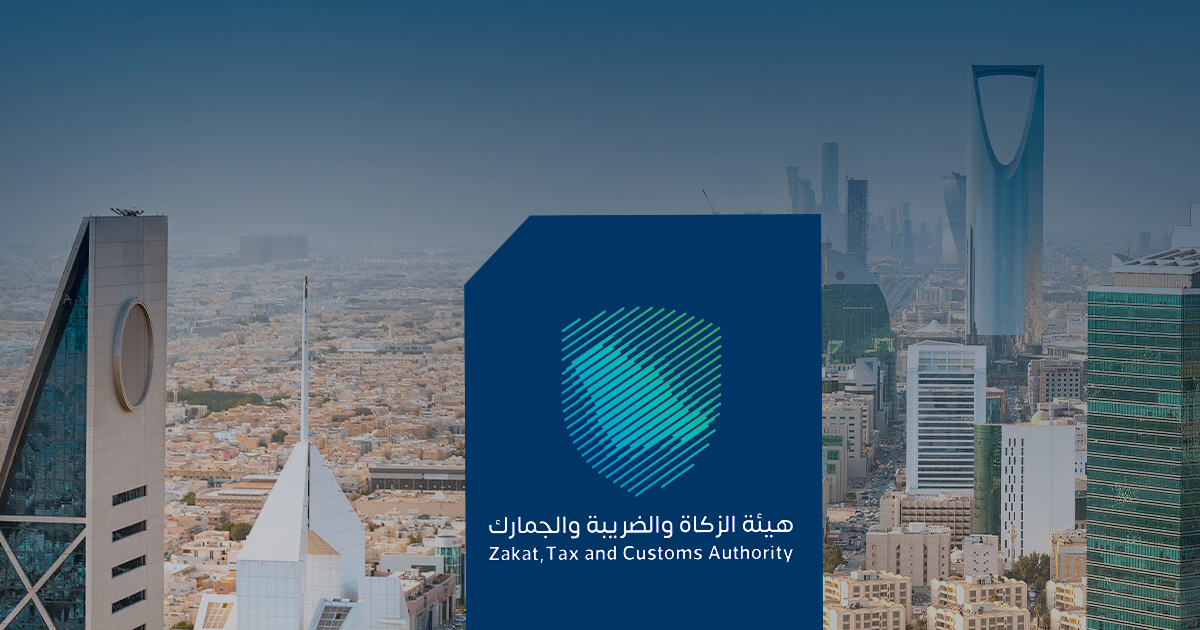For entrepreneurs in Saudi Arabia, possessing a thorough comprehension of the financial responsibilities associated with their businesses is of utmost importance. Two significant principles that emerge in this context are ZAKAT and Corporate Tax. The goal of this article is to illuminate the distinctions between ZAKAT and Corporate Tax in the Kingdom of Saudi Arabia (KSA) and assist you in effectively managing these financial obligations.
What is ZAKAT?
ZAKAT is an Islamic principle of obligatory giving that involves the payment of a specific amount of wealth to aid those in need. It is one of the Five Pillars of Islam and holds great significance in the lives of Muslims around the world. In KSA, ZAKAT is regulated by the General Authority of Zakat and Tax (GAZT).
- Zakat is a mandatory almsgiving for eligible entities in KSA.
- It’s calculated at 2.5% of a company’s eligible net assets.
- Eligibility is determined by factors like ownership structure, capital, and profitability.
What is Corporate Tax?
This tax, on the other hand, is a financial obligation imposed on companies by the government, regardless of their religious affiliation. In KSA, it is governed by the Saudi Arabian General Investment Authority (SAGIA) and the Ministry of Finance.
- KSA introduced Corporate Income Tax in 2017, initially at 50% and later reduced to 20% in 2020.
- Taxable income includes both locally and internationally sourced income.
- SMEs with less than 5 million SAR annual revenue enjoy a reduced rate of 0-20%.
Zakat and Tax Exemptions:
- Certain entities, like government entities and entities wholly owned by the government, are exempt from Zakat.
- Tax exemptions apply to income derived from foreign investments and qualifying income from real estate activities.
Calculation and Filing:
- Zakat is calculated annually based on financial statements audited by an approved Zakat auditor.
- Corporate Tax returns are filed annually with the General Authority for Zakat and Tax (GAZT).
Record Keeping:
- Maintaining accurate financial records is crucial for both Zakat and Corporate Tax compliance.
- Documenting expenses, income, and financial transactions ensures a smooth audit process.
Zakat for Non-Profit Organizations
- Non-profit entities in KSA are subject to Zakat at a reduced rate of 1%.
- Eligibility for non-profit status is determined by the nature of activities and adherence to specific regulations.
Penalties for Non-Compliance:
- Late filing or non-compliance with Zakat and Corporate Tax regulations may result in penalties.
- Staying informed and meeting deadlines is essential to avoid financial repercussions.
Professional Advice:
- Engage with qualified tax and Zakat consultants for expert guidance.
- Professional advice ensures accurate compliance, minimizing the risk of penalties.
Updates and Amendments:
- Stay informed about any updates or amendments to Zakat and Corporate Tax regulations.
- Regularly check GAZT’s official channels for the latest information
Integration into Business Strategy:
- Incorporate Zakat and Corporate Tax considerations into your overall business strategy.
- Strategic financial planning ensures compliance while optimizing tax liabilities.
Key Differences Between ZAKAT and Corporate Tax
- ZAKAT primarily focuses on charitable giving and assisting the less fortunate, while Corporate Tax aims to generate revenue for the government.
- Voluntary vs. Mandatory: ZAKAT is an obligation for Muslims who meet the specified criteria, but it is voluntary for non-Muslims. In contrast, Corporate Tax is mandatory for all businesses operating in KSA.
- Calculation Method: ZAKAT is calculated on the net worth of a business, while Corporate Tax is based on the taxable income or profits generated by the company.
- Applicable Laws: ZAKAT is governed by Islamic principles and the regulations set by GAZT. This tax, on the other hand, follows the laws and guidelines established by SAGIA and the Ministry of Finance.
As an entrepreneur in KSA, understanding and fulfilling your financial obligations, including ZAKAT and corporate tax, is essential. ZAKAT allows you to give back to the community, support the needy, and foster trust and reputation in the business world. On the other hand, contributes to the overall economic development of the country and establishes compliance and credibility. By adhering to these financial responsibilities, entrepreneurs can build thriving businesses and contribute to the holistic growth of Saudi Arabia. So, embrace your obligations, seek professional advice, and make a positive impact on society through ZAKAT and corporate tax.




